Australia opts not to ban TikTok
Prime Minister Scott Morrison says that social video platform TikTok won’t be banned in Australia
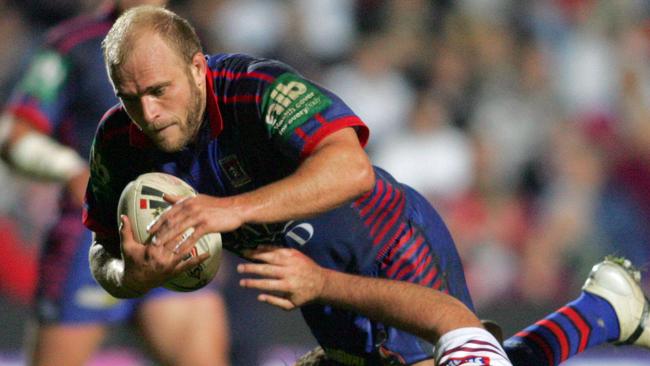
Hello and welcome to The Download, The Australian’s technology blog for the latest tech news.
Chris Griffith 4.30pm: TikTok avoids a ban in Australia
Prime Minister Scott Morrison says that social video platform TikTok won’t be banned in Australia. But he has warned users of the platform to beware that their personal information could be sent to China.
“There‘s nothing at this point that would suggest to us that security interests are being compromised, or Australian citizens are being compromised,” Mr Morrison said at the Aspen Security Forum.
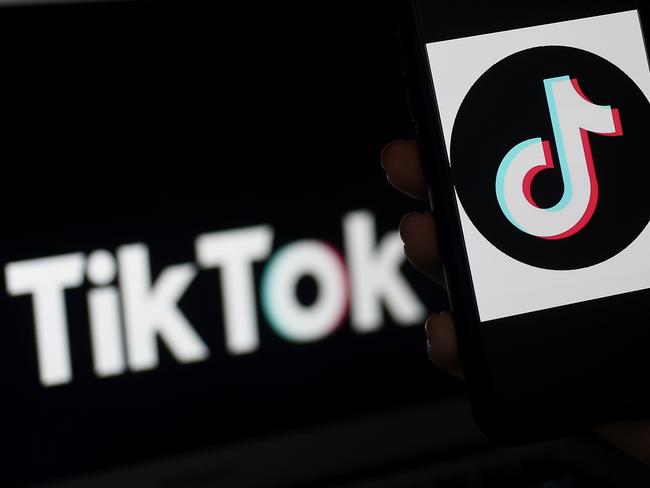
“People should know that the line connects right back to China and they should exercise their own judgment about whether they should participate in those things or not,” he said.
The Prime Minister’s statement comes ahead of a determination by the Trump administration on whether to ban TikTok or let it be sold in the US. President Donald trump initially appeared amenable to a sale, then said he wanted a ban, but more recently said he would approve a sale of TikTok in the US by mid September. Microsoft is the front runner in a likely sale.
Mr Trump also said the US government should receive some type of commission for sanctioning a sale.
Mr Morrison statement is consistent with the US opting to let a company, in particular Microsoft, buy TikTok.
It would be a difficult situation if the US allowed Microsoft to buy TikTok, but a ban in place against the platform in Australia. Mr Morrison’s statement therefore might offer a hint to the US public of the way this issue will play out there.
Not surprisingly, TikTok in Australia welcomed the news. "TikTok has become a much-loved platform for Australians to express themselves, find entertainment and connect in a fun, safe environment and this news will be welcomed by our passionate community,” it said in a statement.
“We remain committed to providing a safe and secure platform for people to bring joy and creators to build successful and meaningful careers. We look forward to seeing our positive and creative community continue to grow.”
With Reuters
David Swan 2.50pm: NRL star kicks off tech start-up
A new Australian ‘lifetech’ start-up has received a big boost, with Australians scrambling to get their life admin in order during lockdowns.
The tech start-up, Eggy, is the brainchild of former NRL star Kirk Reynoldson, and Kate Morgan. It alerts users to the due date of bills, car services and calendar events.
It also has a high profile advisory board featuring the head of security at Atlassian, Daniel Grzelak, the CTO of podcast hosting platform Whooshkaa, Semin Nurkic and the co-founder and CPO of Stackla, Peter Cassidy.
Eggy co-founders Dr Kate Morgan and Kirk Reynoldson have quit their jobs and put everything on the line to solve a problem that billions of people experience every day. Dr Morgan was an Assistant Professor at Bond University and Reynoldson is a former NRL star with Melbourne Storm.

The couple began building the app in February last year, raising $450,000 from family, friends and their immediate network to build the start-up. An equity crowd-funding raise via Birchal has already shown strong interest and will provide the funds needed to grow the business.
“The interest in our EOI campaign has blown us away – 200 EOIs in 72 hours is a phenomenal start for a campaign,” Reynoldson said.
“Our life admin was scattered all over the place – across the kitchen table, stuck to the fridge, piled on the office desk, in email inboxes, in the cloud, and shoved in the car glove box. Part paper, part electronic. Full dogs’ breakfast.
“For us, life admin was lots of different things – phone contracts, car rego papers, electricity bills, health insurance policies, bank statements, retail receipts, travel itineraries, invitations, health care cards, pay slips, car services, drivers licences and daycare invoices, to name a few.
Reynoldson said the straw that broke the camel’s back was getting hit with a late fee for not paying their car rego by the due date, prompting a search for an all-in-one life admin app, which didn’t exist.
“Eggy will automate the entire life admin process and connect users and service providers in a way that hasn’t been done before,” he said.
He added facilitating payments and bookings are on the cards for the near future, with one of CBA’s senior engineers quitting his role to join the Eggy team.
David Swan 2.45pm: Sendle lands Etsy deal
As demand for e-commerce continues to soar, Australian small business courier service Sendle has announced a new integration with Etsy.
Sendle’s co-founder and CEO James Chin Moody said that Sendle has seen an increasing number of Etsy sellers using the shipping platform and help them meet increased demand for products, so it made sense to build and easy integration.
He said that COVID-19 had triggered the biggest shift to e-commerce Australia had ever seen, with the predicted ten-year growth trajectory in global e-commerce occurring in just months.
“With so many small business retailers making the transition from bricks to clicks, we have developed a streamlined shipping experience for Australian Etsy sellers,” he said.
“Our integration is designed to function seamlessly with your Etsy shop, giving sellers access to door-to-door delivery that is simple, affordable and reliable, during an unprecedented e-commerce boom.”
David Swan 2.35pm: Former Google employee sentenced
Former Google engineer Anthony Levandowski, who was found guilty of stealing trade secrets from Google’s self-driving car unit and bringing them to Uber, has been sentenced to 18 months’ prison.
The entrepreneur also agreed to pay almost $US800,000 in restitution to Google’s self-driving car unit, Waymo, and a fine of $US95,000.
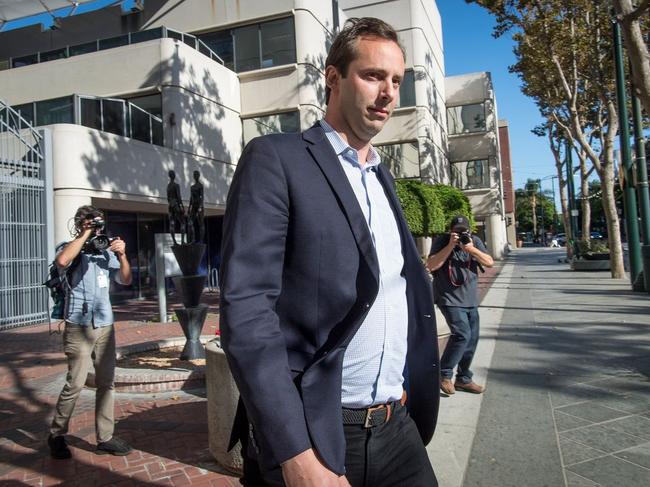
“Today marks the end of three and a half long years and the beginning of another long road ahead. I’m thankful to my family and friends for their continued love and support during this difficult time,” Levandowski said in a statement.
“The last three and a half years have forced me to come to terms with what I did. I want to take this time to apologise to my colleagues at Google for betraying their trust, and to my entire family for the price they have paid and will continue to pay for my actions.”
10.55am: Boy pleads not guilty to Twitter hack
A 17-year-old Florida boy accused of masterminding the hacking of celebrity Twitter accounts has pleaded not guilty to charges. The hacking event included the Twitter accounts of Democratic presidential candidate Joe Biden and Tesla Chief Executive Elon Musk,
Graham Clark told Circuit Court Judge Christopher Nash in Tampa that he was not guilty of the 30 felony counts of fraud prosecutors have levelled against him, according to court records.
Clark is scheduled to appear in court again on Wednesday for a hearing on a request to change his $750,000 bond and conditions of release. Clark’s attorney, David Weisbrod, did not immediately return a call seeking comment.
A 19-year-old British man and a 22-year-old man in Orlando, Florida, have also been charged under US federal law with aiding the attack, the Justice Department said.
Clark netted at least $100,000 from the scheme by using the celebrity accounts to solicit investments from unsuspecting Twitter users, state officials said.
Mason Sheppard, a 19-year-old from Bognor Regis, Britain, who used the alias Chaewon, was charged with wire fraud and money laundering while Orlando-based Nima Fazeli, 22, nicknamed Rolex, was accused of aiding and abetting the crimes, according to a Justice Department statement.
In the hack, fraudulent tweets soliciting investments in the digital currency bitcoin were posted in mid-July by 45 verified Twitter accounts, including those belonging to Biden, former President Barack Obama and billionaire Bill Gates. Twitter said the hackers also likely read some direct messages, including those of a Dutch elected official.
More than $100,000 was obtained, bitcoin’s public ledger showed.
Twitter has previously said its employees were duped into sharing account credentials.
Authorities provided new details Friday in an affidavit alleging that Clark “used social engineering to convince a Twitter employee that he was a co-worker in the IT department and had the employee provide credentials to access the customer service portal”.
Reuters
David Swan 10.45am: A panadol with your cheeseburger?
Australians will be able to get Panadol, Nurofen and Codral alongside double bacon cheeseburgers and chicken wings via Uber Eats, under a new partnership with Caltex announced today.
In what‘s being described as an Australian first, over-the-counter pharmaceutical products including Zyrtech and Advil will be delivered within 30 minutes, through the Caltex Foodary shop on the Uber Eats app.
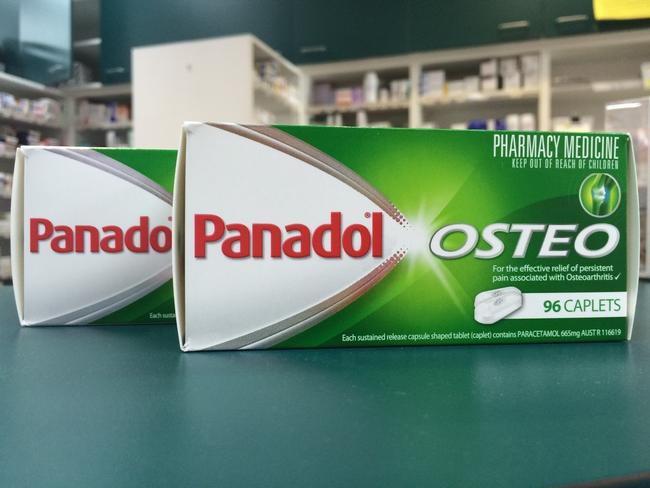
The functionality is available everywhere except New South Wales.
“Throughout this pandemic the Uber and Uber Eats teams have committed to moving what matters. As Australians have stayed home, we’ve helped them access quality restaurant food from local favourites, essential groceries and important convenience staples all at the click of a button,“ Uber’s Head of Markets for Australia and New Zealand Lucas Groeneveld said.
“Whether it’s parents needing Panadol late at night, providing a service for those less mobile, or making it easier for people to self-isolate without forgoing access to important health items, this new offering will make life easier for hundreds of thousands of Australians.
“We are building on our foundations to connect more Aussies with the things they need and we are delighted to be able to draw on the national footprint of Caltex to help us achieve this.”
He added pharmaceutics are limited to two items per order and users must be over 18 years of age to have an Uber Eats account.
David Swan 9.45am: Splitit to raise $90m
ASX-listed buy now, pay later provider Splitit has received commitments to raise $90 million, split into two tranches, with a range of new investors to join its register including New-York based Afterpay investor Woodson Capital Management.
The company, which offers a way for consumers to spread out payments using their existing MasterCard or Visa credit card, is raising the funds to ramp up its growth as consumers – and investors – continue to lap up the convenience of buy now, pay later.
Splitit is issuing 34.6 million shares to raise $45 million, followed by a second tranche of an additional 34.6 million shares in September, each priced at $1.30 per share.
When it entered a trading halt on Monday Splitit was priced at $1.36, up from 24 cents per share in March.
The company is also kicking off a share purchase plan, in which it will raise up to $10 million worth of shares priced at $1.30.
“We’re going to be using the funds to dramatically accelerate our growth,” chief executive Brad Paterson told The Australian. “We’ll be accelerating our merchant acceptance and usage via sales and marketing. We know the product is loved, we can see the strategy is working, now is the time to accelerate.”
Chris Griffith 9.15am: Apple upgrades its iMac range
Apple has announced a long awaited upgrade to its 21.5-inch and 27-inch iMac, and a high performance iMac Pro.
The new iMacs have a simpler, minimalist look. They are more powerful, but high-end comes at a cost. The 27-inch iMac features Intel processors with up to 10 cores, double the memory, next generation AMD graphics and superfast solid-state drives.
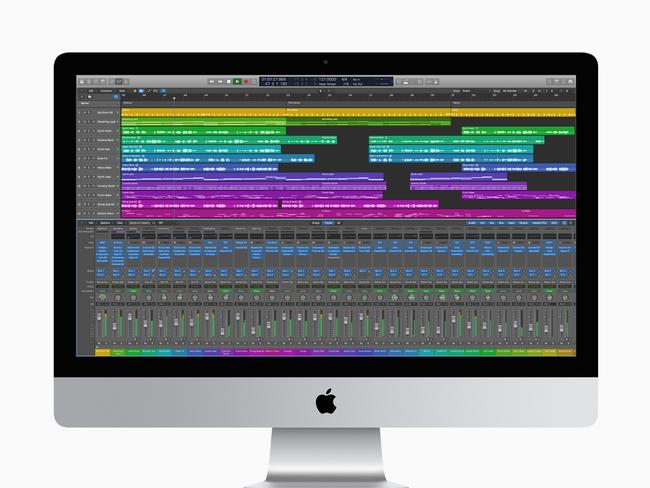
The iMacs come with a retina 5K display, Apple’s T2 security chip, 1080p high definition camera for all those Zoom calls, high fidelity speakers, and studio quality mics.
The high-end iMac Pro is a high performance computer with a 10-core Xeon processor (you can have up to 18-cores), graphics performance up to 22 teraflops, up to 256GB quad-channel ECC memory, and a 27-inch Retina 5K display.
You get the upcoming macOS BigSur operating system.
In Australia, the 27-inch iMac will cost from $2799, the 21.5-inch iMac starts at $1699 while the iMac Pro costs $7299.

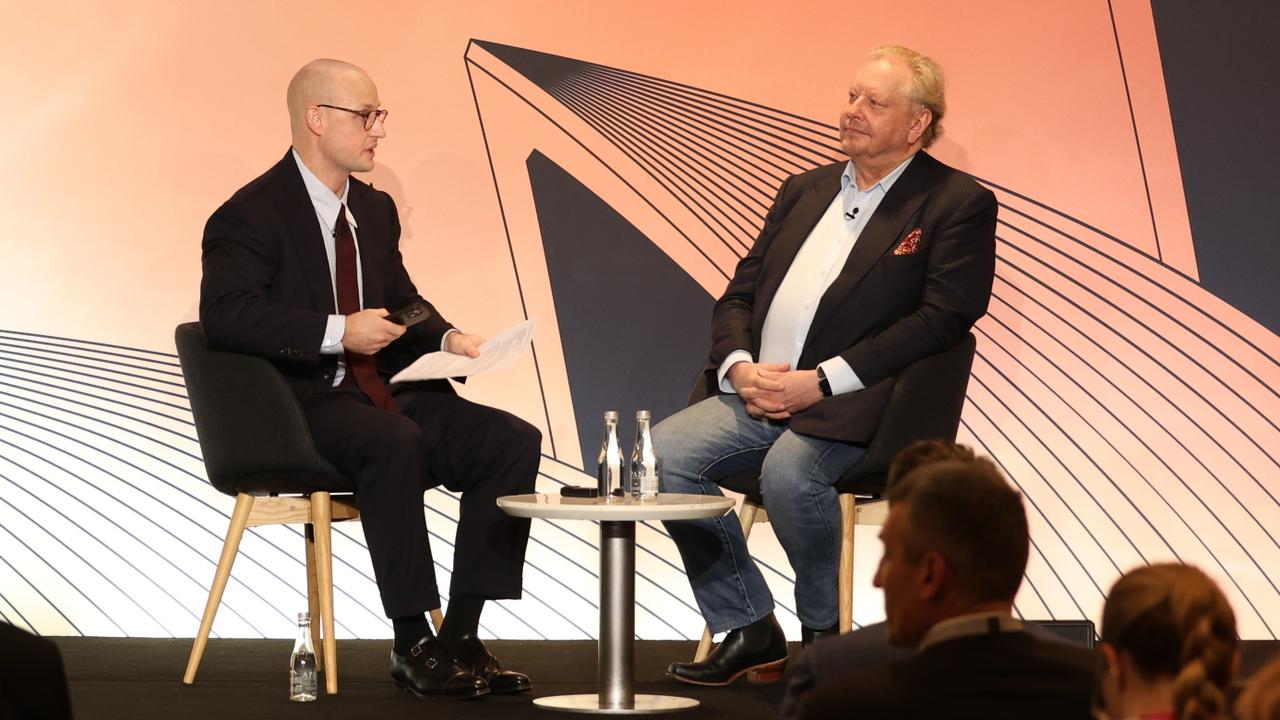
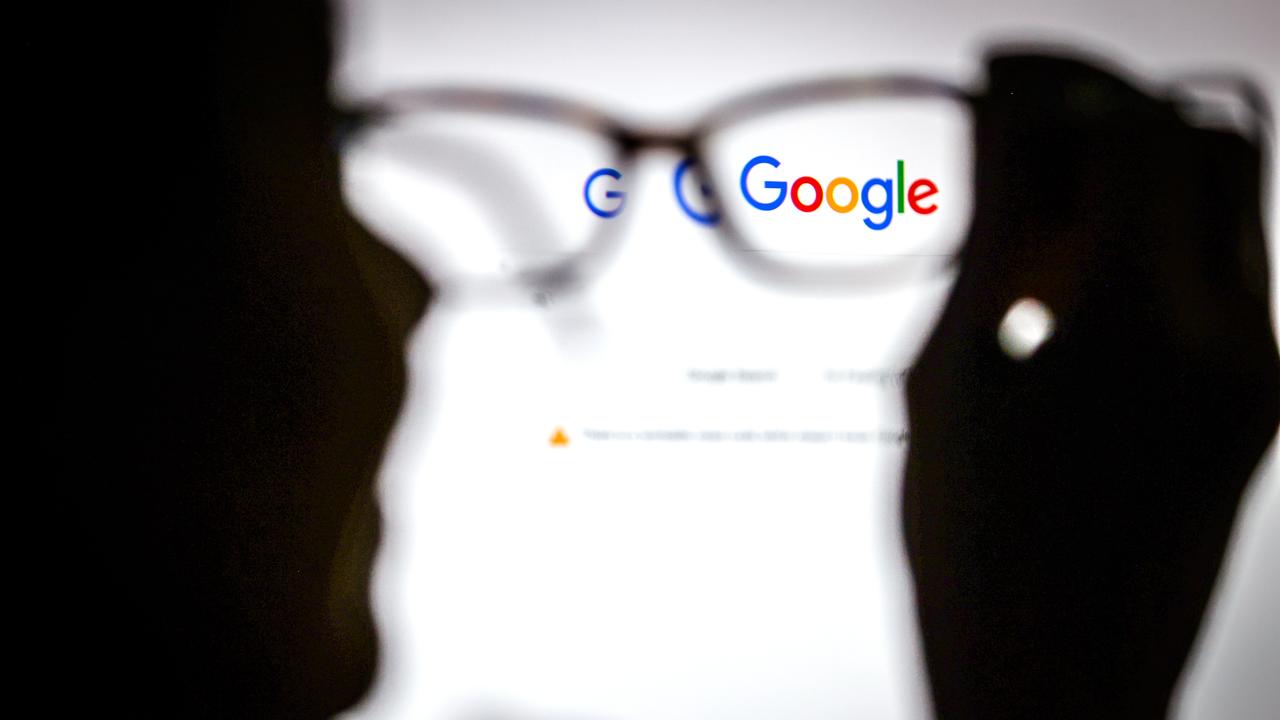
To join the conversation, please log in. Don't have an account? Register
Join the conversation, you are commenting as Logout